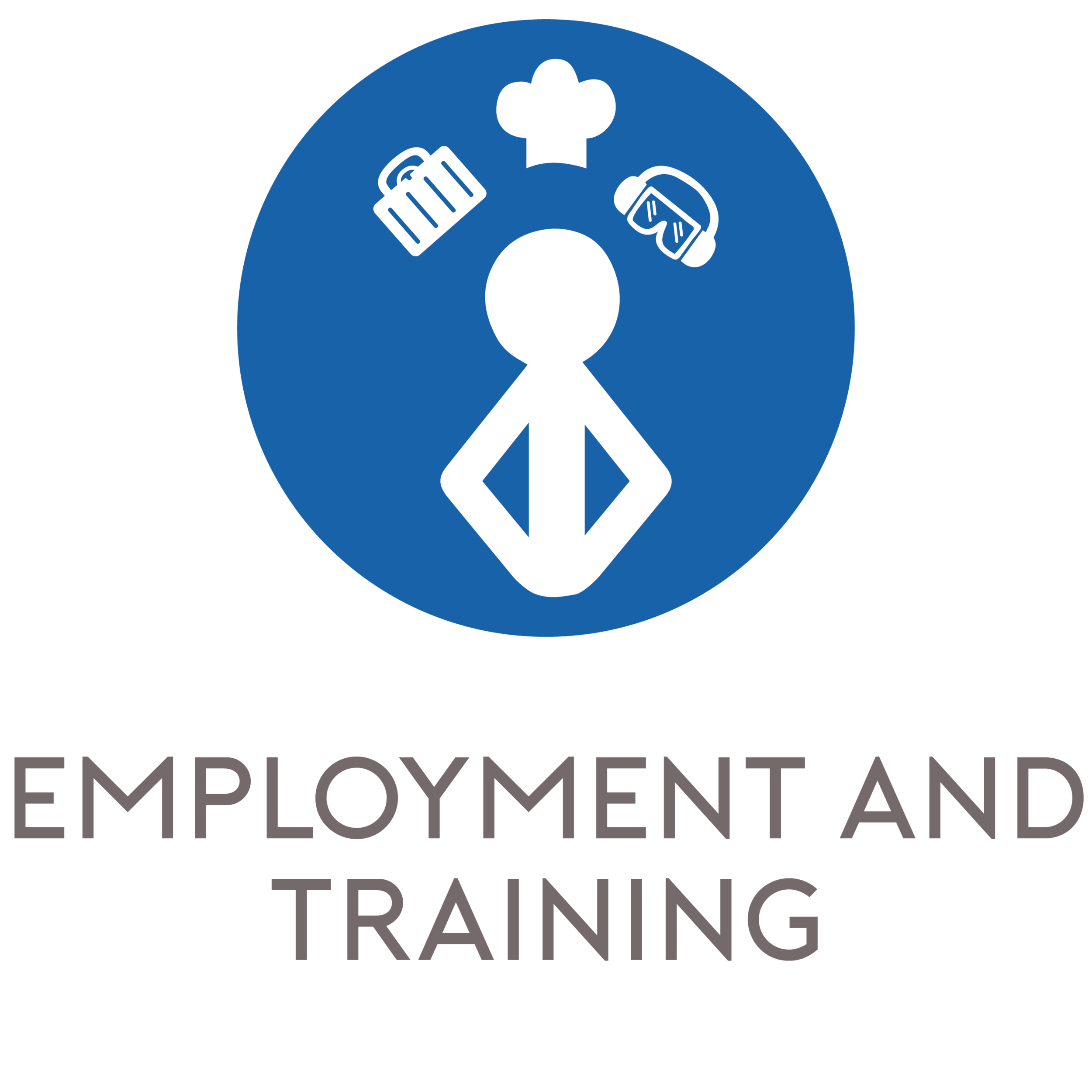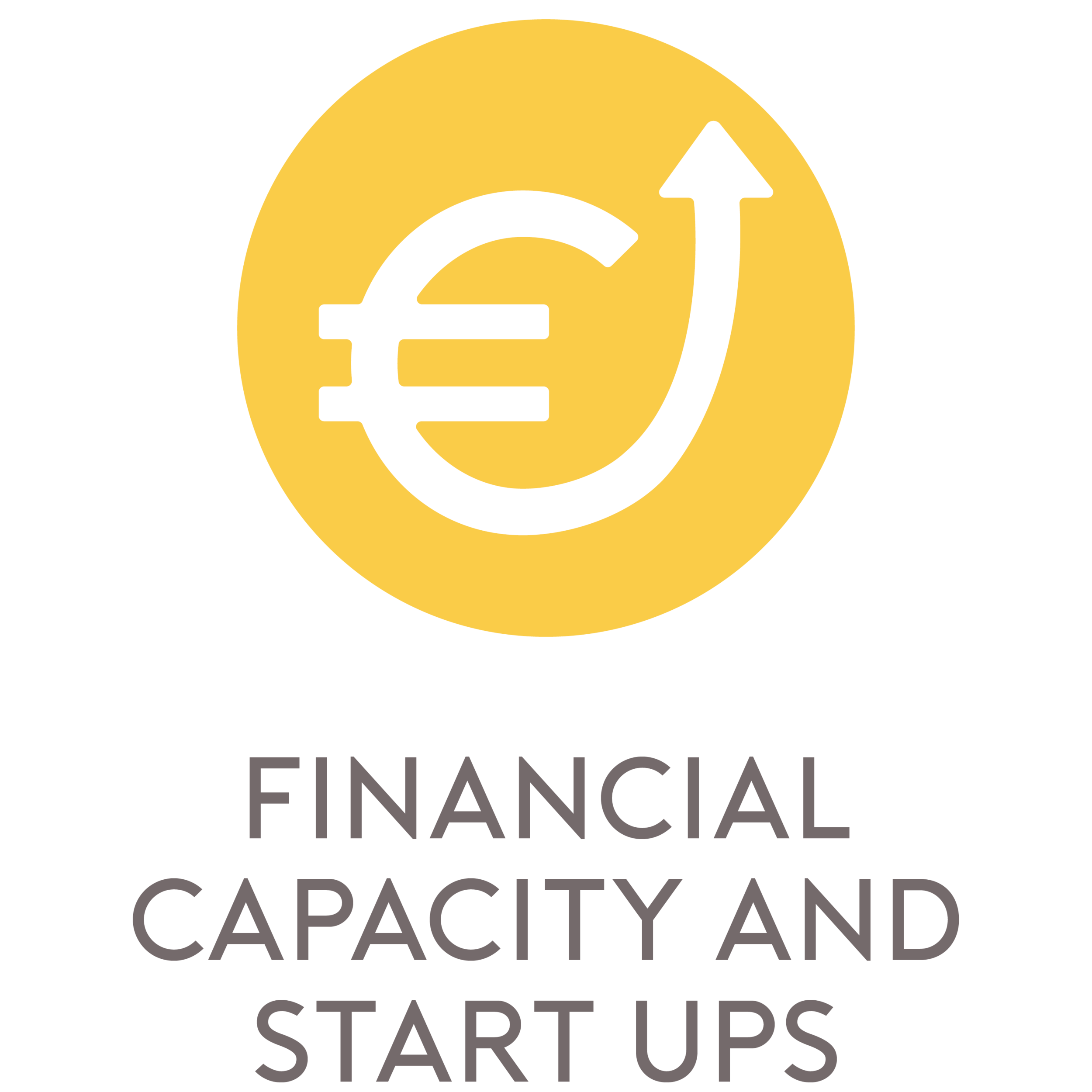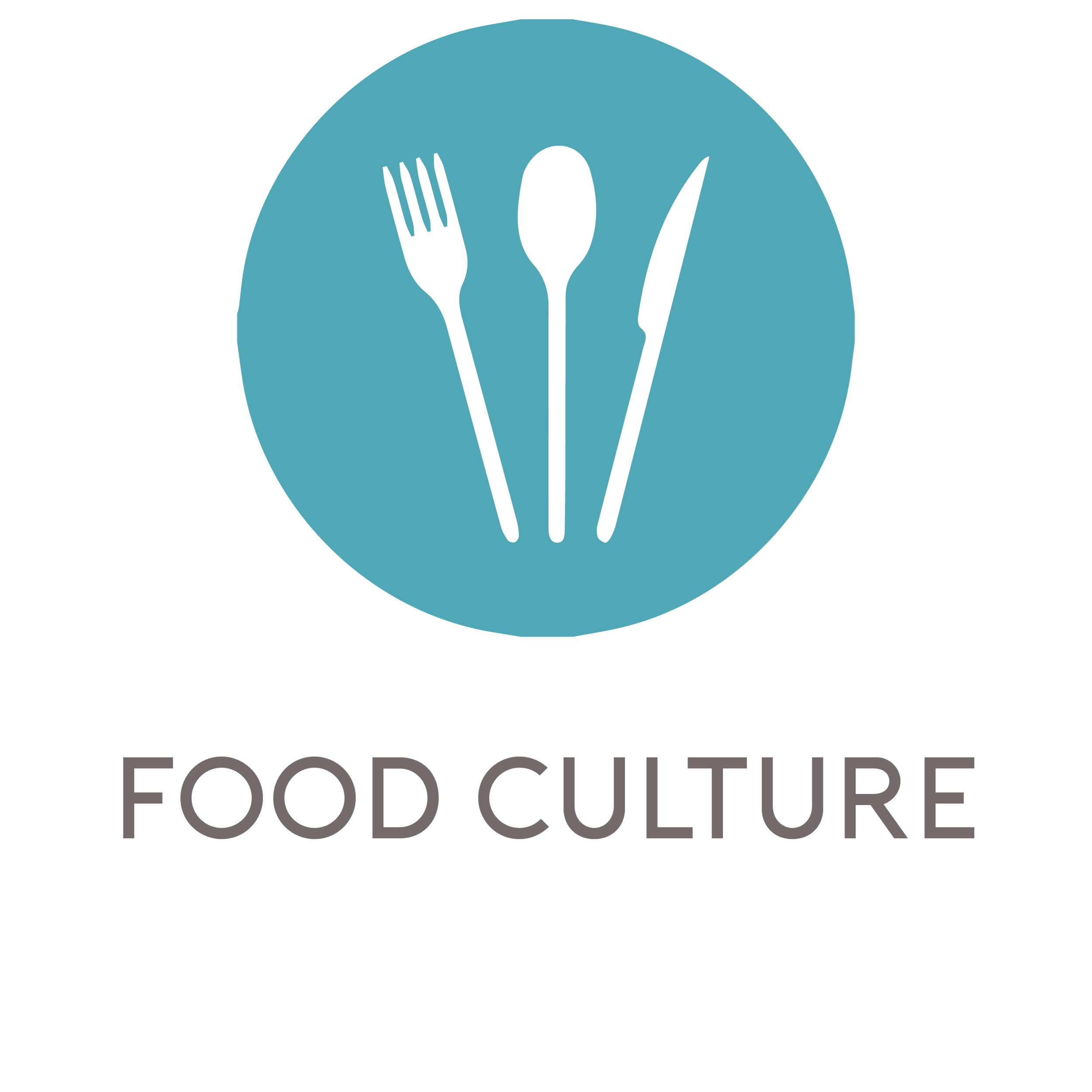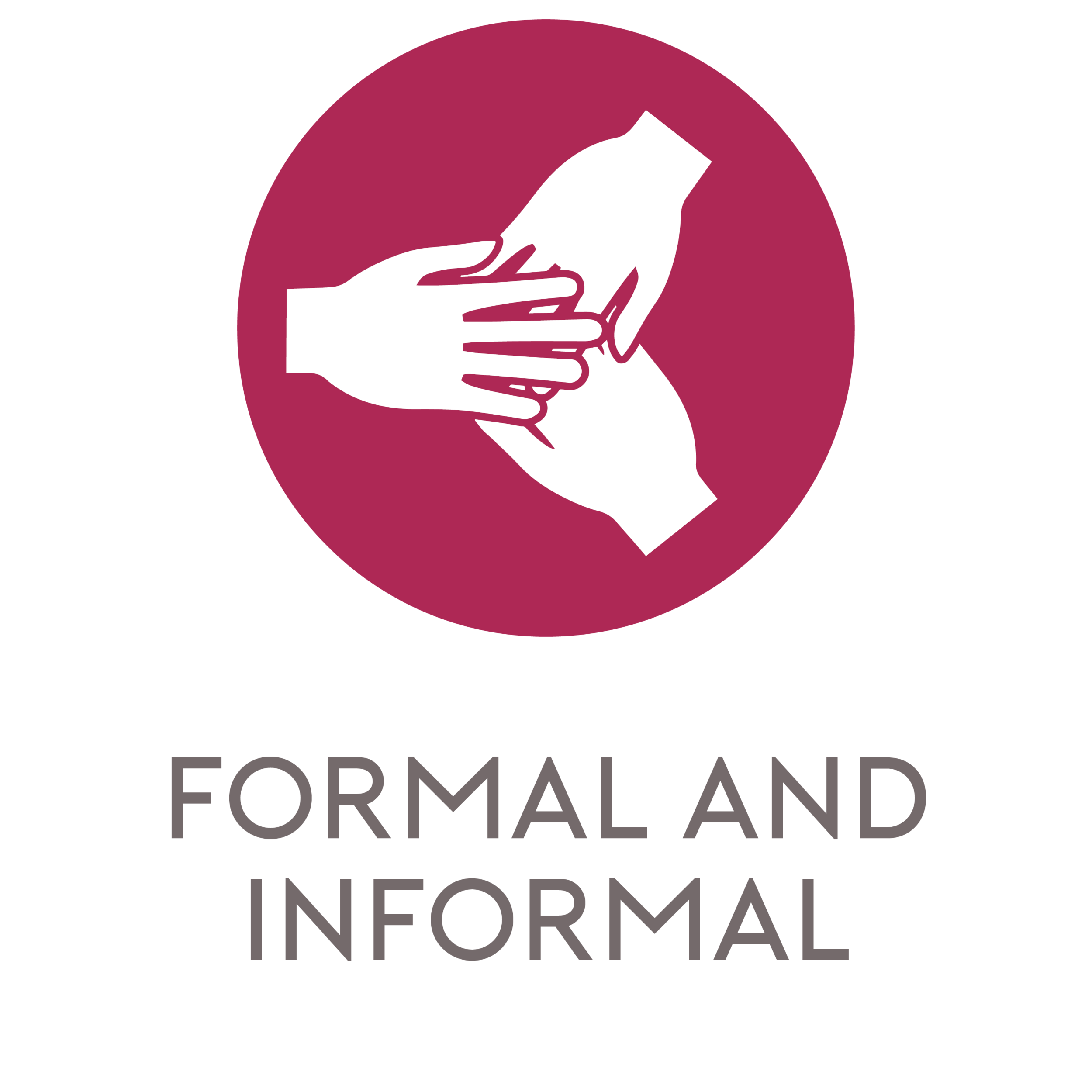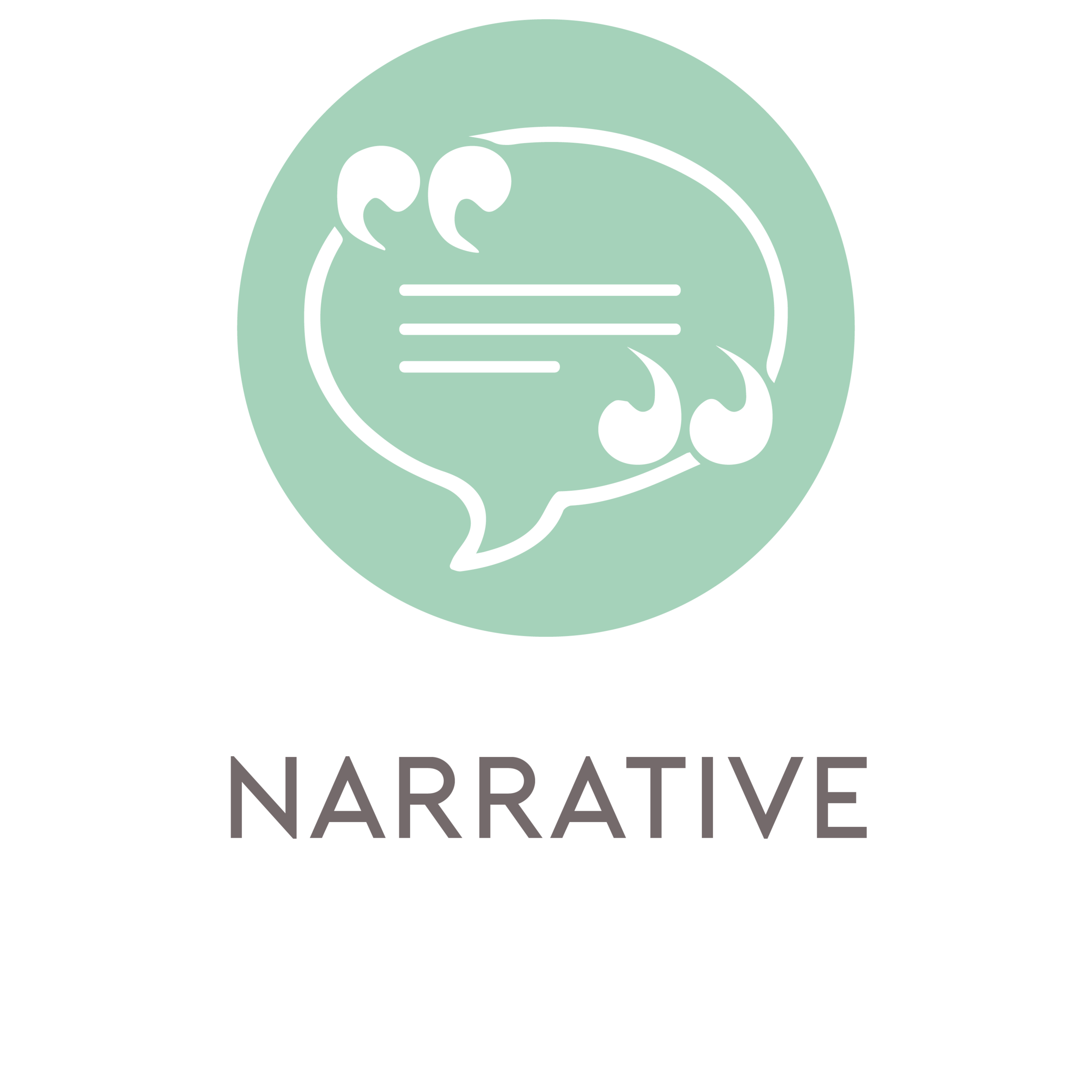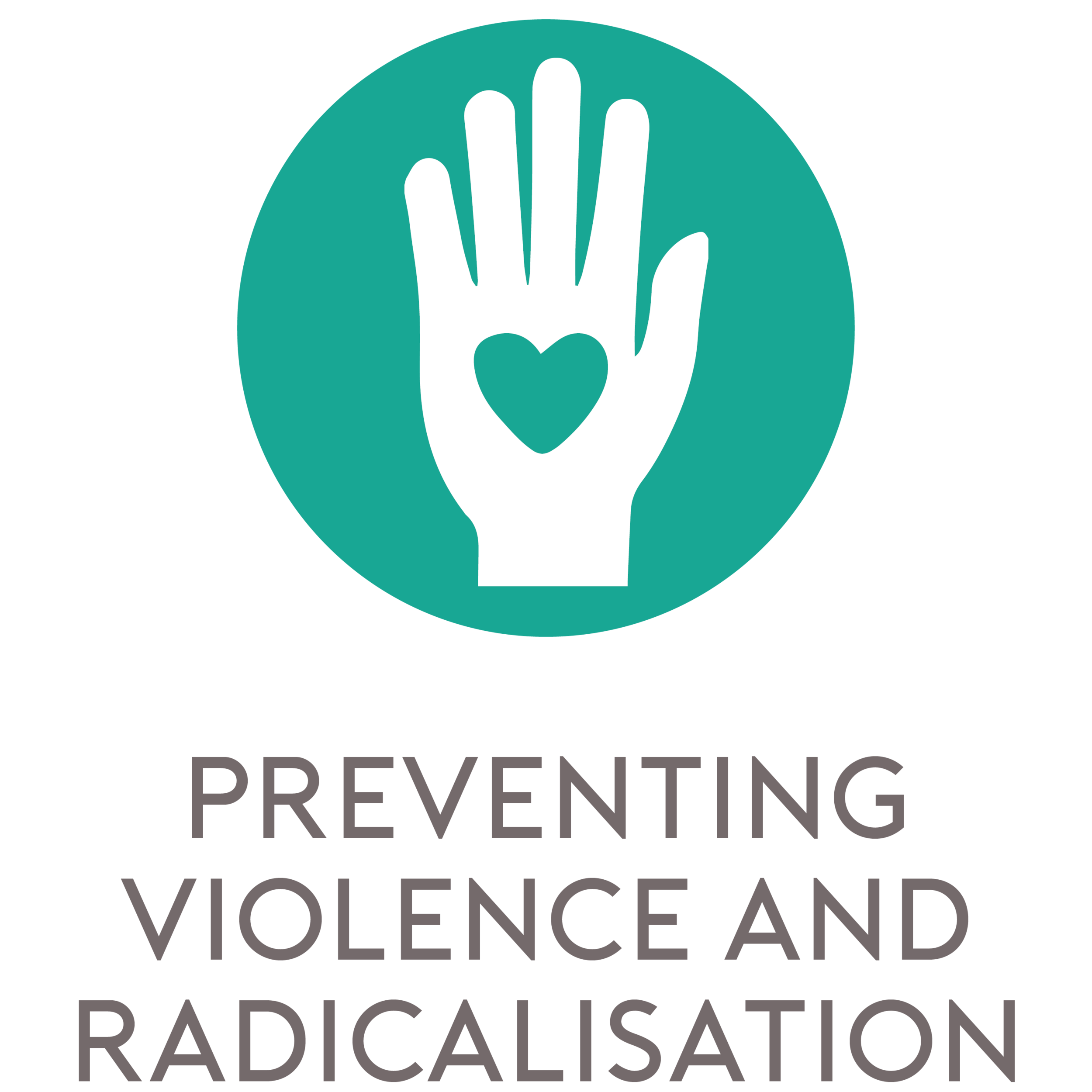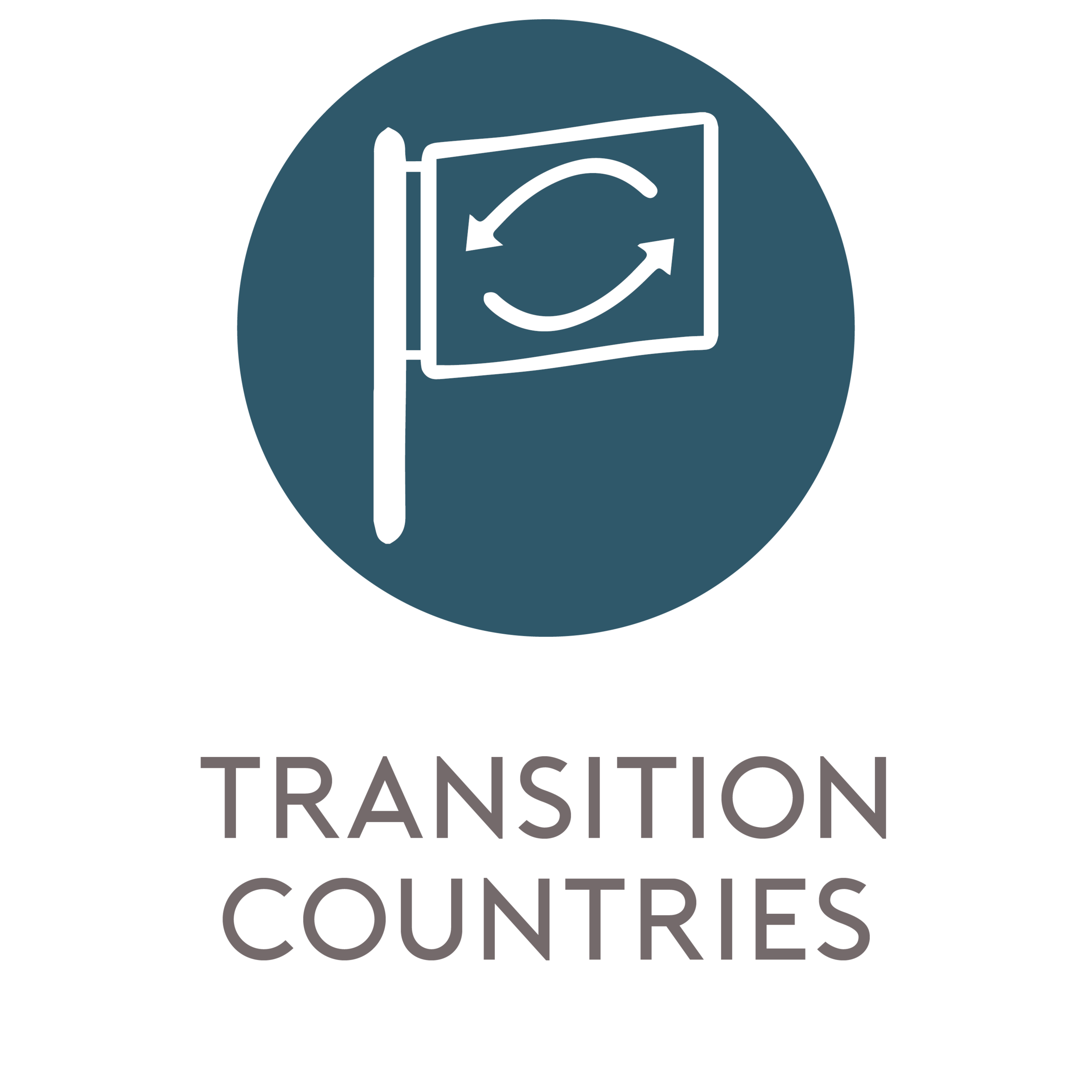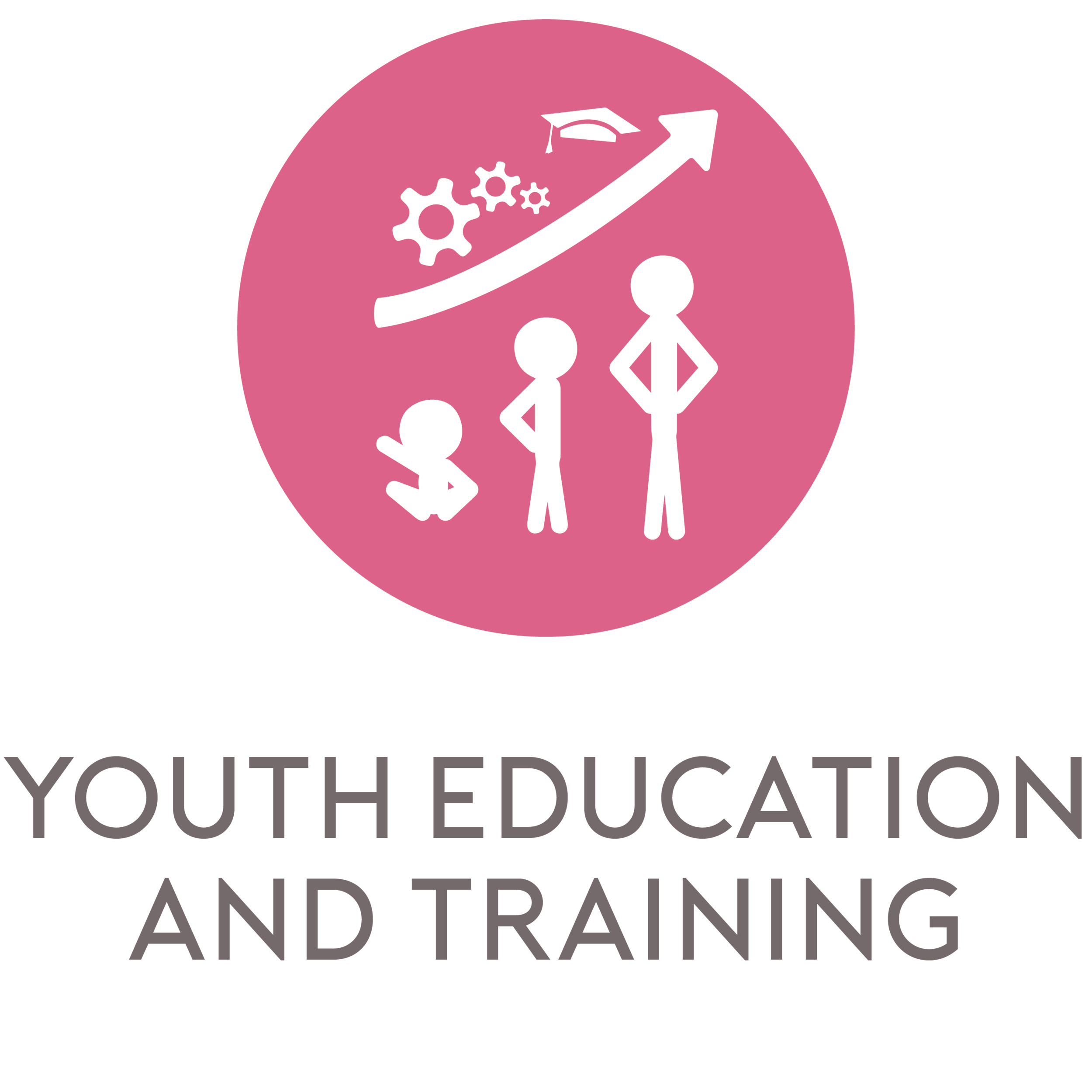+Portfolio of Solutions
―Food Culture
Cuochi a Colori
Donatella Forconi
The Problem
Many of the migrants that come to Italy have great difficulties with finding a regular job. They have little resources and lack connections for inclusion in professional networks. This often leads to a situation of isolation and disparity.
The Solution
Cuochi a Colori directly translates to cooks in color. The project connects culture and cuisine by offering employment through cooking courses, event catering and meal service. Cuochi a Colori offers ethnic cuisine by a team of immigrant cooks from all over the world. With cooks from Indonesia, Morocco, Egypt, Peru, Sri Lanka, Eritrea, Brazil, Thailand, Iran and many other countries, the project offers a great selection of cuisines and experiences. With quality service of great food and tradition, the food is served in the homes of Milanse people.
The Impact
The organisation serves as a vessel for knowledge and is committed to conveying the values of dialogue, sharing, and participation, around a table, during convivial and festive occasions. The continued vision is to engage migrants in entrepreneurial activity that brings the possibility to work using one's own cultural background and previous technical knowledge.
“Everything is easier to say in a kitchen, everything is blurred by this intention of sharing, and the appetite makes new life flow into things.”
Meet my Mama
Founders: Donia Amamra, Loubna Ksibi and Youssef Oudahman
The Problem
In working-class neighbourhoods throughout France, thousands of migrant women face serious barriers to become financially autonomous, which is a key ingredient to full inclusion. The barriers to finding jobs pale when compared to the obstacles for women, and particularly migrant women, to start their own companies (only 30% of entrepreneurs in France are women).
The Solution
Meet My Mama is a catering service and training academy that inspires, accompanies, and equips migrant women to become chefs, caterers, and culinary entrepreneurs. Going beyond mere training, Meet My Mama creates a community, provides administrative and legal support to ensure success in completing the program, and also helps many of the students start their own culinary businesses to not only provide for themselves, but also employ others. More than a training or employment school, it is a tight-knit network of women from migrant backgrounds supporting each other to become fully empowered and financially autonomous citizens.
The Impact
In three years, Meet my Mama built a strong community of over 300 migrant women. Through the Mama’s Academy, they provided 1200 hours of training and coaching in the culinary sector, resulting in more than 50 migrant women becoming financially independent either by developing their own business, becoming chefs or caterers. Their catering service has over 1000 customers which enables them to offer job opportunities to their trainees.
Indovina chi viene a cena?
Antonio Damasco
The Problem
There is a lack of understanding about migration and migrants in Italy. Attitudes are based on stereotypes and clichés about migrants, rather than conversations with those moving to Italy and hoping to integrate into the local population.
The Solution
This initiative is based on the idea of the film ‘Guess who's coming to dinner?’, which challenges stereotypes and depicts interracial relationships in a positive light. The initiative subverts the idea of hospitality by inviting migrants to open up their homes to local guests to come together for a home-cooked meal. It provides Italians with the opportunity to share a meal with a migrant family. Those who are perceived as guests in the country become the hosts for those that are part of the local population. These meetings help overcome discriminatory behaviours and misunderstandings of those newly arrived in Italy.
The Impact
This initiative contributes to creating positive relations between different cultures on a local level, but with the aim of a greater impact nationally. Since 2012, 4,000 people of over 120 families have participated in the project. The project has so far been rolled out in 90 municipalities across Italy and can be easily replicated to other countries.
Semìno
Samanta Musarò
The Problem
Current markets in European countries do not offer traditional ingredients for staple foods of migrants. Besides the abandoning of familiar places and people, migrants leave behind a broad range of foods and flavours that they are unlikely to find in their new country of residence.
The Solution
Semìno introduces ethical and sustainable products to the agricultural market sector. The project invites migrants to engage in farming their own foods, through the cultivation of specific products such as daikon, okra, curcuma, tatsoi and Chinese cabbage. Migrants themselves become employed to grow these foods and to share knowledge about these products with the local population.
AZIMA TATAR DELIGHTS BAKERY
Founder, Susanna Izzetdinova
THE PROBLEM
Migrants who don’t know the local language, practice a different religion, or simply come from a different culture face a deal of discrimination, making it difficult to get a job. When you add that to difficult past experiences, a limited support network and having to take care of one’s family, it becomes an incredibly difficult situation. They often miss their home countries, their culture and amily and friends whom they left. By opening up her bakery Susanna wanted to bring a piece of Tatar culture to Poland and create a business which could support her family and families of other migrants by giving them stable jobs.
ThE SOLUTION
Susanna opened “Azima Tatar Delights Bakery” to share Tatar culture and cuisine and create a safe workspace for migrants. As a Muslim she has faced discrimination for covering her hair and has heard many stories from her employees and fellow migrants about the prejudice they have to fight. She wants her bakery to be a welcoming space where everyone can feel accepted and understood. Since opening her bakery, it has been very successful and her customers appreciate the new flavors she has brought to Poland. Now, she plans on opening a second bakery, which will give her to opportunity to expand her business and create more jobs. She wants to employ and support single mothers, as she understands from her own experience how hard it is to support your family in a foreign country. Working in her bakery gives women an opportunity to learn Polish by interacting with customers, which will help them out in starting their new life here.
THE IMPACT
Susanna opened her bakery in Gdańsk in July 2019. She first worked with just her daughter and now employs 5 workers (including 2 Poles). Her bakery is very highly praised for its delicious and unusual products. Newspapers have written articles about the bakery and Susanna was featured on TV to talk about her work. Susanna bakery is a welcoming and safe space of working for refugees.
“KONICZYNA” (CLOVER) CATERING
Founder, Khava Kagermanova
THE PROBLEM
One of the most serious problems refugees are facing is discrimination in the workplace. They are excluded and treated unfairly. Khava has experienced this first hand after moving to Poland from war-torn Chechnya.
THE SOLUTION
Khava wants to connect her passion for cooking and baking with helping fellow migrants. She wants to set up an online catering company, where migrants will be able to work in a safe and stable environment, while sharing their skills with others. She wants her company to be ecological, focus on minimalizing food waste and provide vegetarian dishes.
THE IMPACT
This initiative is still in the process of being developed.


